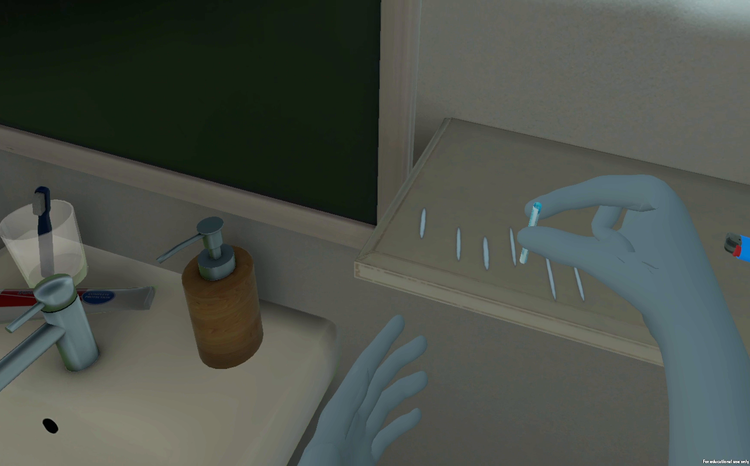Germany suspends e-health card project
- 18 January 2010
The roll-out of Germay’s national e-health smart card has been put on hold, with a review to be carried out of security and confidentiality.
Germany’s new health minister, Philipp Rösler, has decided to suspend the introduction of the planned electronic health card system.
The national ehealth project is one of the largest in Europe and intended to eventually provide every German citizen with an electronic card carrying their health data, medical history, prescriptions, and insurance status.
In the first phases the e-health card had been planned to be used mostly to simplify health insurance transactions and claims, providing proof of eligibility. In its later phases medical data and prescription information would be added to the card.
The late-running project was to have launched in January 2006 but has so far yet to progress beyond pilots in a handful of Germany’s states. The project is so far estimated to have cost the German government and health insurers a total of €1.7bn (£1.5bn)
According to a BMJ report (BMJ 2010;340:c171) the new German government, a coalition of the Christian Democrats and the liberal Free Democratic Party, decided to review the plans in the face of sustained criticisms from doctors and experts on data safety about the security of data and the feasibility of the technology. In 2008 doctors opposed to the scheme marched on the streets.
The new health minister has said smart cards will continue to be issued in specified trial areas but will only contain basic patient data, insurance status, a photograph. A small set of emergency health data will only be included if the patient has agrees to have it added to the card
From January 2006 all 80m customers of Germany’s health insurance companies, through which Germans access state health care, were supposed to be using the card whenever they saw a doctor, attended a clinic, or bought drugs.
The government set up a national agency gematik to oversee the associated national infrastructure and standards. As well as the smart cards the project requires smart card readers at every point of care.
The card is still intended to replace the present membership cards of the health insurance companies and is supposed to make about 700 million handwritten prescriptions redundant.




